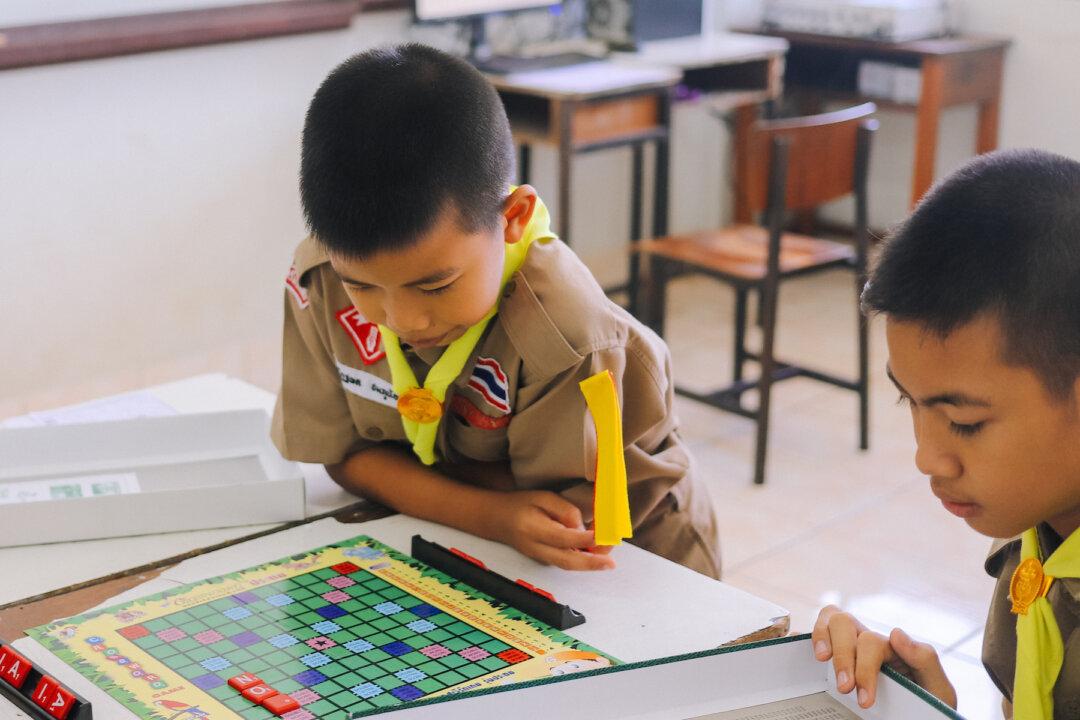With the school year wrapping up this week for the few remaining states still going, kids across the country are shifting into “summer mode” faster than you can say Bomb Pop.
While summertime surely should be a time of fun, unwinding, and new adventures for our kids, it always comes with a small dose of anxiety on the part of educators such as myself familiar with what’s known as the “summer slide.”





